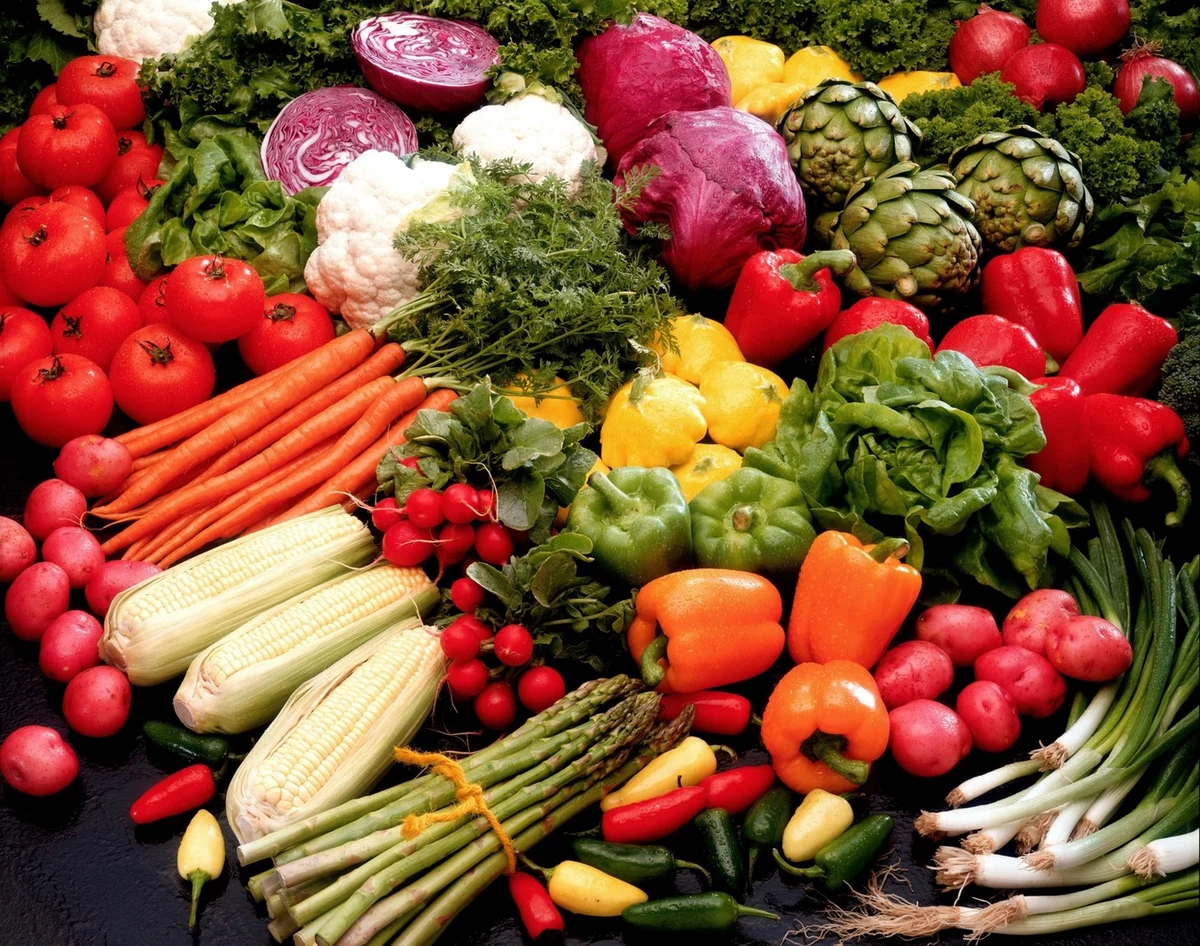How To Grow Organic Food: Benefits and Beyond

In the heart of every bustling city and quiet suburb, a revolution is blooming—literally. Urban farming and organic gardening are transforming the way we think about food. Imagine biting into a crisp, juicy apple plucked straight from your backyard tree, or savoring the freshness of homegrown tomatoes in your salad. Growing your own organic food isn't just a hobby; it's a lifestyle that nourishes both body and soul. Let's dive into the world of sustainable living and explore the benefits of cultivating your own fresh produce.
The Benefits of Growing Your Own Organic Food
Healthier Living
Organic vegetables and fruits are free from harmful pesticides and chemicals. By growing your own, you control what goes into your food and, ultimately, your body. Fresh produce from your garden is packed with nutrients that are often lost in store-bought alternatives due to long transportation and storage times.
Cost-Effective
While the initial setup might require some investment, growing your own organic food can save you money in the long run. A packet of seeds can yield a bountiful harvest, providing you with fresh produce that would otherwise cost a pretty penny at the grocery store.
Environmental Impact
Sustainable living is about more than just personal health; it's about the health of our planet. Growing your own food reduces your carbon footprint by minimizing the need for transportation and packaging. Plus, you're contributing to a greener, more biodiverse environment right in your backyard.
Getting Started: Gardening Tips for Beginners
Choose the Right Location
The first step in growing organic food is finding the perfect spot. Most vegetables need at least six hours of sunlight daily, so choose a sunny location. If you're short on space, consider container gardening or vertical gardens.
Prepare Your Soil
Healthy soil is the foundation of a thriving garden. Use organic compost to enrich your soil with nutrients. Avoid chemical fertilizers; instead, opt for natural alternatives like bone meal or seaweed extract.
Select Your Plants
Start with easy-to-grow organic vegetables like lettuce, radishes, and beans. These are great for beginners and provide quick gratification. As you gain confidence, you can expand your garden to include more challenging crops.

Urban Farming: Bringing the Farm to Your Doorstep
Space-Saving Solutions
Urban farming is all about maximizing space. Vertical gardens, raised beds, and hydroponic systems are excellent options for city dwellers. Even a small balcony can become a lush oasis with the right planning.
Community Gardens
If you don't have a yard, consider joining a community garden. These shared spaces not only provide a place to grow food but also foster a sense of community and shared purpose.
Indoor Gardening
Don't let a lack of outdoor space deter you. Indoor gardening is a viable option, especially with the advent of LED grow lights and compact hydroponic systems. You can grow herbs, leafy greens, and even small fruit trees indoors.
Maintaining Your Organic Garden
Water Wisely
Proper watering is crucial for plant health. Water deeply but infrequently to encourage strong root growth. Consider installing a drip irrigation system to conserve water and ensure consistent moisture.
Control Pests Naturally
Pests are a part of gardening, but you can control them without resorting to harmful chemicals. Use natural repellents like garlic spray or introduce beneficial insects like ladybugs and praying mantises.
Rotate Crops
Crop rotation helps prevent soil depletion and pest infestations. Plan your garden so that different types of plants occupy the same space in successive seasons.

Embracing Sustainable Living
Growing your own organic food is just one aspect of sustainable living. It's a lifestyle that encompasses mindful consumption, waste reduction, and environmental stewardship. By cultivating your own garden, you're taking a significant step towards a more sustainable future.
Conclusion
Growing organic food is more than just a hobby; it's a journey towards healthier living, cost savings, and environmental responsibility. Whether you're a seasoned gardener or a beginner, the benefits are immense. So, why not start today? Pick up a packet of seeds, find a sunny spot, and watch your garden grow.
FAQs
What are the easiest vegetables to grow for beginners?
- Some of the easiest vegetables to grow include lettuce, radishes, beans, and tomatoes. These plants are relatively low-maintenance and provide quick results.
How can I control pests naturally in my organic garden?
- Natural pest control methods include using garlic spray, introducing beneficial insects like ladybugs, and practicing crop rotation.
What is the best way to prepare soil for an organic garden?
- Enrich your soil with organic compost and avoid chemical fertilizers. Natural alternatives like bone meal or seaweed extract can also be used to enhance soil health.
Can I grow organic food in an apartment?
- Yes, you can! Indoor gardening with LED grow lights and compact hydroponic systems makes it possible to grow herbs, leafy greens, and even small fruit trees in an apartment.
What are the benefits of joining a community garden?
- Joining a community garden provides a place to grow food, fosters a sense of community, and offers shared resources and knowledge. It's a great way to connect with like-minded individuals and learn from experienced gardeners.
By embracing the art of growing organic food, you're not just nurturing plants; you're nurturing a healthier, more sustainable world. Happy gardening!
0 Response to "How To Grow Organic Food: Benefits and Beyond"
Post a Comment